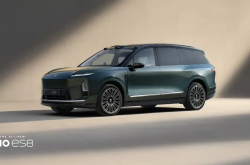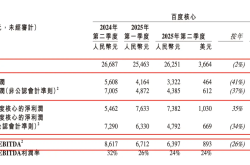Geely vs GAC, BYD vs Changan: The "Involution vs Anti-Involution Battle" in China's Auto Industry from Reality to Debate
![]() 06/13 2024
06/13 2024
![]() 481
481
Competition that ultimately benefits consumers is quality competition.
The involution in China's auto industry continues to heat up, with some rejoicing and others worrying.
Entering 2024, with the initial demand already met, automakers urgently need to expand sales, and consumers are increasingly adopting a wait-and-see attitude with their money. Under these circumstances, China's auto industry faces brand-new challenges. The primary task of enterprises in the industry chain has also shifted to "maintaining their seats" in fierce competition, signaling that the industry may be entering an unprecedented peak period of involution.
Against this backdrop, whether and how involution should occur, and what should be involved in the involution, have become key questions that the domestic auto industry urgently needs to answer.
Recently, at the China Auto Chongqing Forum, the top executives of Chinese auto industry enterprises gathered to discuss the topic of "involution." Unlike in the past, the speeches of the industry leaders at this forum were extremely sharp, even to the point of being confrontational, and there was a rare trend of "taking sides."
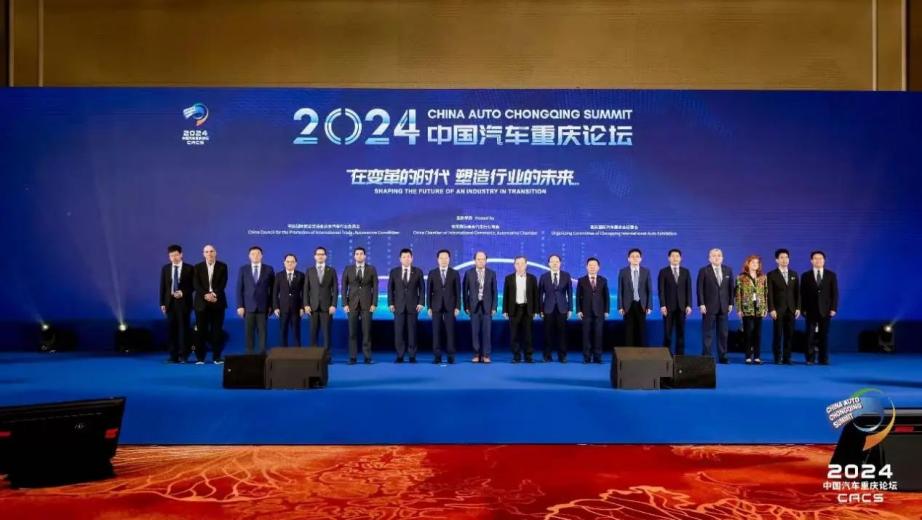
So, in the current environment where prices of new and old models are constantly being driven down, new technologies are emerging, and consumers are greatly benefiting, which automakers believe that the current industry is unhealthy? And which automakers believe that involution is normal market competition? For the newly emerging automakers that are generally suffering losses, where should they focus their involution?
01
GAC Opposes Involution, Changan Supports It to Create World-Class Brands
"This kind of involution won't work."
Zeng Qinghong, the chairman of GAC Group, who is clearly opposed to price involution, said this.
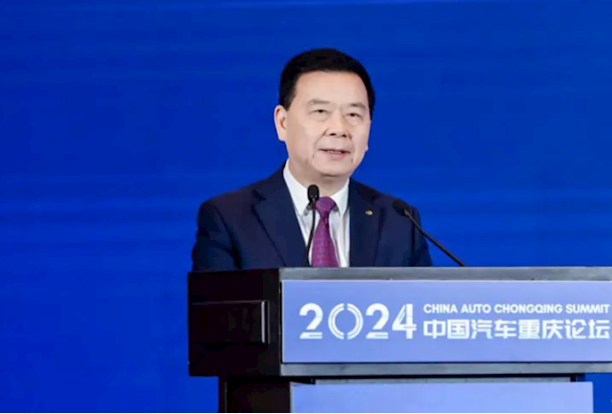
In his speech at the forum, Zeng Qinghong took long-termism as the core, believing that the purpose of running a business is to make a profit, and the purpose of making a profit is to contribute to the country and society, pay taxes, and create jobs. However, under the current environment of involution, companies have to lay off employees to reduce costs and increase efficiency, which is detrimental to society and the country.
Zeng Qinghong further explained that GAC is not afraid of price wars, "I have plenty of money, what am I afraid of? But we are human beings and we value social responsibility. We all divide reasonable profits based on national interests, ethnic interests, personal interests, and corporate interests, which is the right thing to do."
To this end, he called on his peers in the auto industry to focus on long-termism and long-term development from the perspective of the national overall situation and hoped that the government would consider formulating relevant policies in advance – when the market share of new energy pure electric vehicles reaches 50%, "oil and electricity can have the same rights."
In fact, this is not the first time that Zeng Qinghong has spoken out against involution. At last year's China Auto Chongqing Forum, he said, "Price wars are going on and on, companies that want to die can lower their prices earlier." He also hoped that the government would intervene to regulate market competition and eliminate price wars.
At first glance, GAC's chairman's speech seems to make sense.
From an industry perspective, excessive price wars may lead to some negative impacts, but for the auto industry, which is driven by technology as its core, how can it develop without involution? Moreover, who can define whether the current price war has really reached an "excessive" level, rather than being due to issues with individual automotive brands?
Faced with this anti-involution stance, Zhu Huarong, the chairman of Changan Automobile, expressed a different view at the same forum.
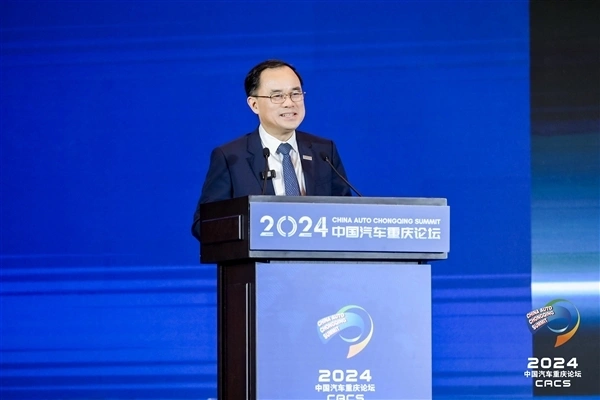
Regarding competition, Zhu Huarong believes that "involution is a normal process of good money driving out bad money and the best way for the industry to quickly return to healthy competition." Involution means pursuing excellence, pushing Chinese brands to new heights, maximizing user interests, and creating value for users.
He also said that under the promotion of full competition in the current domestic auto industry, there will be more Chinese brands turning into world-class brands in the next ten years, reaching new heights for Chinese brands, maximizing user interests. At that time, it will be beneficial from the perspectives of the country, society, and consumers. Although he did not mention who would be the biggest loser under full competition, it still left everyone with much to imagine.
And this is just the "appetizer" of the discussion on involution at this auto forum. The subsequent speeches by BYD and Geely, although not as direct, made the atmosphere even more confrontational.
02
Geely vs BYD in a Cross-Space Standoff, Li Bin Emphasizes Cooperation
This support for and opposition to involution is not just a debate between executives of GAC and Changan, but more domestic automakers have joined this debate on involution vs anti-involution.
Although Li Shufu of Geely Automobile was not present, he also delivered a video speech focusing on the phenomenon of involution in China's auto industry. In summary, he said: involution is a double-edged sword, with both good and bad aspects.
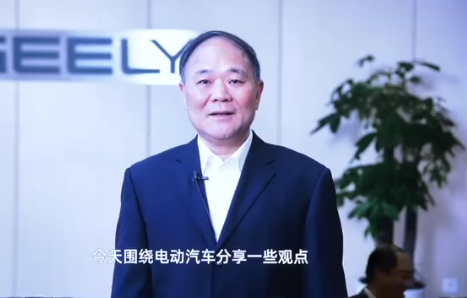
Li Shufu pointed out in his speech that the degree of involution in China's auto industry is already at the forefront globally, with price wars intensifying. This trend has two sides, "If the market environment is mature, laws and regulations are sound and strictly enforced, and competition is transparent and fair, then this involution phenomenon can actually promote industry progress. Conversely, it may bring negative impacts."
In further explanations, Li Shufu also expressed views similar to those of Zeng Qinghong.
He believes that the healthy development of any industry should be reflected in a good input-output ratio and achieving considerable economic benefits. Excessive involution and relying solely on price wars may lead to issues such as declining product quality, counterfeiting and unordered competition. For the auto industry, achieving sustainable high-quality development can consolidate China's achievements in the field of electric vehicles.
In direct opposition to this anti-involution stance is the support for involution expressed by the executives of BYD, China's "king of involution" in the new energy vehicle industry.
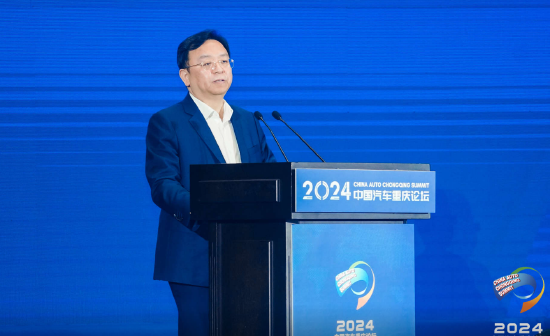
Wang Chuanfu bluntly stated that he believes that competition is the fundamental reason for the earth-shaking changes that have occurred in China over the past four decades. The current involution in the auto industry is competition, "Only excess capacity leads to competition, and competition leads to prosperity."
Regarding concerns about the negative impacts of industry competition, Wang Chuanfu emphasized that competition is the core of a market economy and the key to promoting industry prosperity. Only by actively embracing involution can one emerge from competition, "Originally, there were hundreds of mobile phone brands, but now only a few remain after survival of the fittest. The same is true for home appliance companies. Excess capacity leads to competition, competition leads to involution, and involution leads to technological breakthroughs, industrial upgrades, and the birth of excellent products."
After Li Shufu's "offensive" was defended by Wang Chuanfu, Yang Xueliang's speech at Geely Automobile was even more confrontational.
Yang Xueliang emphasized that competition among auto companies should not be limited solely to price wars but should cover a wider range of dimensions such as technology, quality, brand, and service quality. He called on companies to not only fight price wars but also moral wars, adhering to moral boundaries, not reducing costs at the expense of product quality, and not gaining short-term benefits by deceiving consumers.
Li Yunfei of BYD also responded on the spot to the issue of price reductions and launched a scathing counterattack.
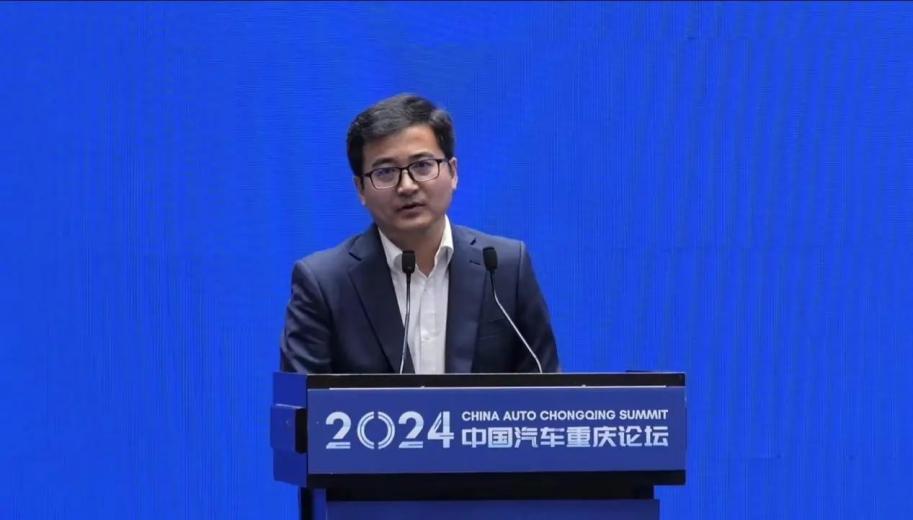
Li Yunfei said that BYD is already a full-industry-chain enterprise. Even in the current highly competitive environment, the group is still profitable, and this is achieved through its scale and the advantages of the full industry chain, rather than through other "cutting corners" methods.
On the topic of moral boundaries, Li Yunfei brought up the example of battery prices.
He said that there were two price increases in the past two to three years due to factors such as rising raw material prices and subsidy reductions. "But what has happened to battery material prices in the past two years? When you couldn't raise prices, you said it was because of the battery raw materials. But the battery raw material prices have plummeted in the past two years, so why haven't you lowered prices? Why hasn't the decrease in the cost of battery raw materials been reflected in the pricing of products? Ask yourself, I think this is immoral to consumers."
In addition, Li Yunfei sharply criticized involution, comparing it to playing cards at a card table, saying, "Competition among automakers is like playing cards at a table. If you can follow, follow; if not, pass. Don't get angry or flip the table. If you lose this round, there's always the next round. It's not like this round is the end. Chinese auto brands have all experienced pain and setbacks in their development, and none have fallen. If the other side wins this round, I'll introduce a new product, new technology, or a new marketing approach in the next round. Healthy competition is long-termism and good for consumers."
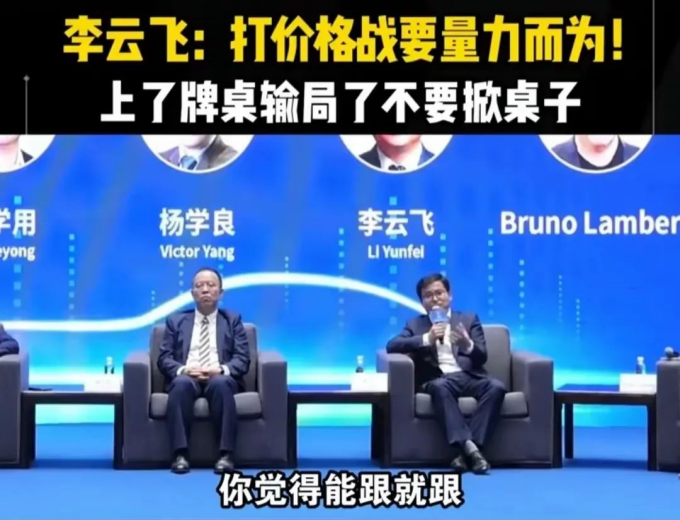
Outside the verbal sparring between Geely and BYD, Li Bin, the chairman of NIO, which "loses hundreds of billions per year," placed even more emphasis on cooperation within involution.
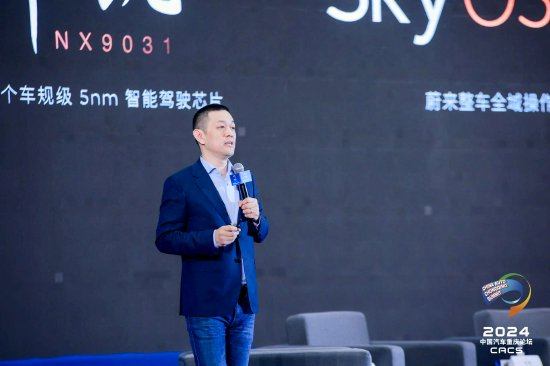
When talking about industry involution, Li Bin said that it is a very normal market competition, but he called on automakers to unite. Li Bin believes that China's auto industry is "all for one and one for all" – in the end, it cannot only be the success of one or two companies, but must be the success of the collective.
"When it comes to long-life batteries and going overseas, cooperation is needed. Such cooperation is beneficial to companies, beneficial to users' cost of use, and can greatly conserve resources," said Li Bin. "Involution when needed, cooperation when needed."
References:
1. "Not Afraid of Price Wars! BYD's Li Yunfei: Advise Competitors to Measure Their Strength in Price Wars," MyDrivers;
2. "Wang Chuanfu: Involution Is a Form of Competition, the Essence of a Market Economy," The Paper;
3. "Auto Industry Leaders Debate 'Involution': Zeng Qinghong Says This Isn't Going to Work, Wang Chuanfu Says We Should Face It Positively Without Anxiety," The Paper;
4. "Interpretation of Wang Chuanfu and Li Yunfei's Speeches at the 2024 China Auto Chongqing Forum," CHE Car Talk;
5. "Controversy | The Bigwigs in China's Auto Industry Are Arguing in Chongqing!" China Automobile Association;
6. "2024 Chongqing Auto Forum: Deeply Exploring Involution and Price Wars, Guiding the Healthy Development of the Industry," Car News;
7. "2024 Chongqing Auto Forum: BYD Responds to Geely's Remarks, Clear Standoff," Wu Daxian Loves Cars.







